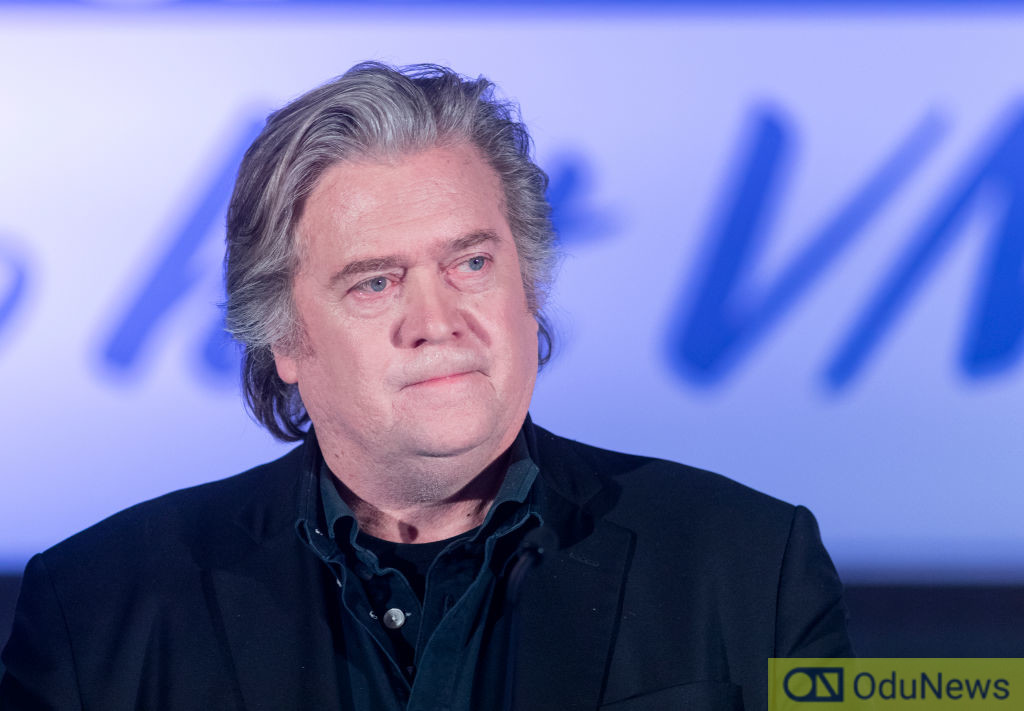
Stephen K. Bannon, President Trump’s former top adviser, was charged on Thursday in New York with fraud for his role in a scheme related to “We Build the Wall,” an online fund-raising effort that collected more than $25 million for the president’s much-touted plan to erect a barrier on the Mexican border, officials said.
Mr. Bannon and three other defendants “defrauded hundreds of thousands of donors, capitalizing on their interest in funding a border wall to raise millions of dollars, under the false pretense that all of that money would be spent on construction,” Audrey Strauss, the acting United States attorney in Manhattan, said in statement Thursday.
Mr. Bannon was arrested early Thursday on a two-count indictment unsealed in Federal District Court in Manhattan. He was expected to appear before a U.S. magistrate judge in New York later in the day.
According to federal authorities, Mr. Bannon, widely considered the architect of Mr. Trump’s 2016 presidential campaign, hatched the plot to defraud donors to the build-the-wall campaign with three other men: Brian Kolfage, 38, an Air Force veteran from Miramar Beach, Fla.; Andrew Badolato, 56, a financier from Sarasota, Fla.; and Timothy Shea, 49, of Castle Rock, Colo.
As the founder of “We Build the Wall,” Mr. Kolfage promised his donors that he would “not take a penny in salary or compensation” and that all of the money he raised would be used “in the execution of our mission and purpose,” prosecutors said.
But those promises were false, prosecutors said. Instead, they said, Mr. Kolfage secretly took more than $350,000 in donations for his own personal use. Mr. Bannon, through an unnamed nonprofit organization, received more than $1 million from “We Build the Wall,” prosecutors said, some of which he used pay off hundreds of thousands of dollars in personal expenses.
To conceal the illicit flow of money, prosecutors said, the four men routed payments from “We Build the Wall” not only through Mr. Bannon’s nonprofit group, but also through a shell company that Mr. Shea controlled.
Prosecutors suggested that they were in possession of a text message in which Mr. Kolfage tells Mr. Badolato that the payment scheme was “confidential” and should be kept on a “need to know” basis.


Comments are closed.